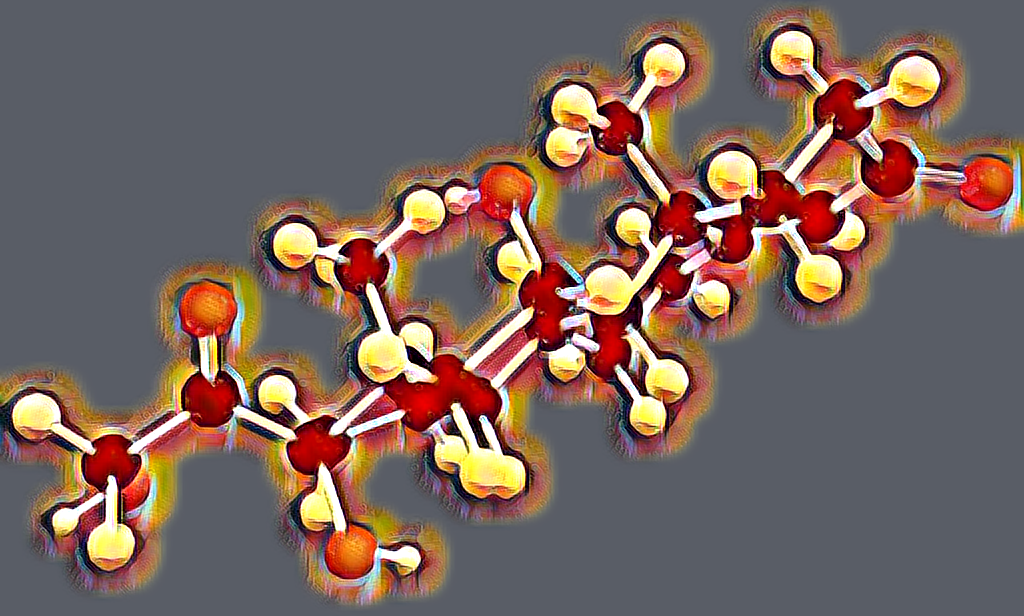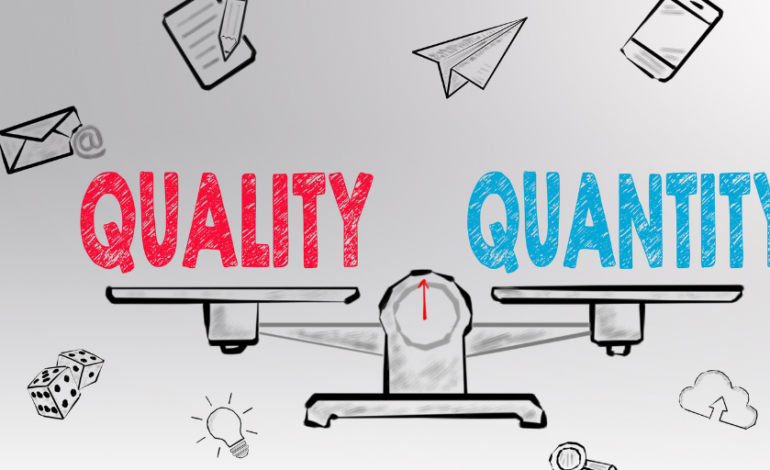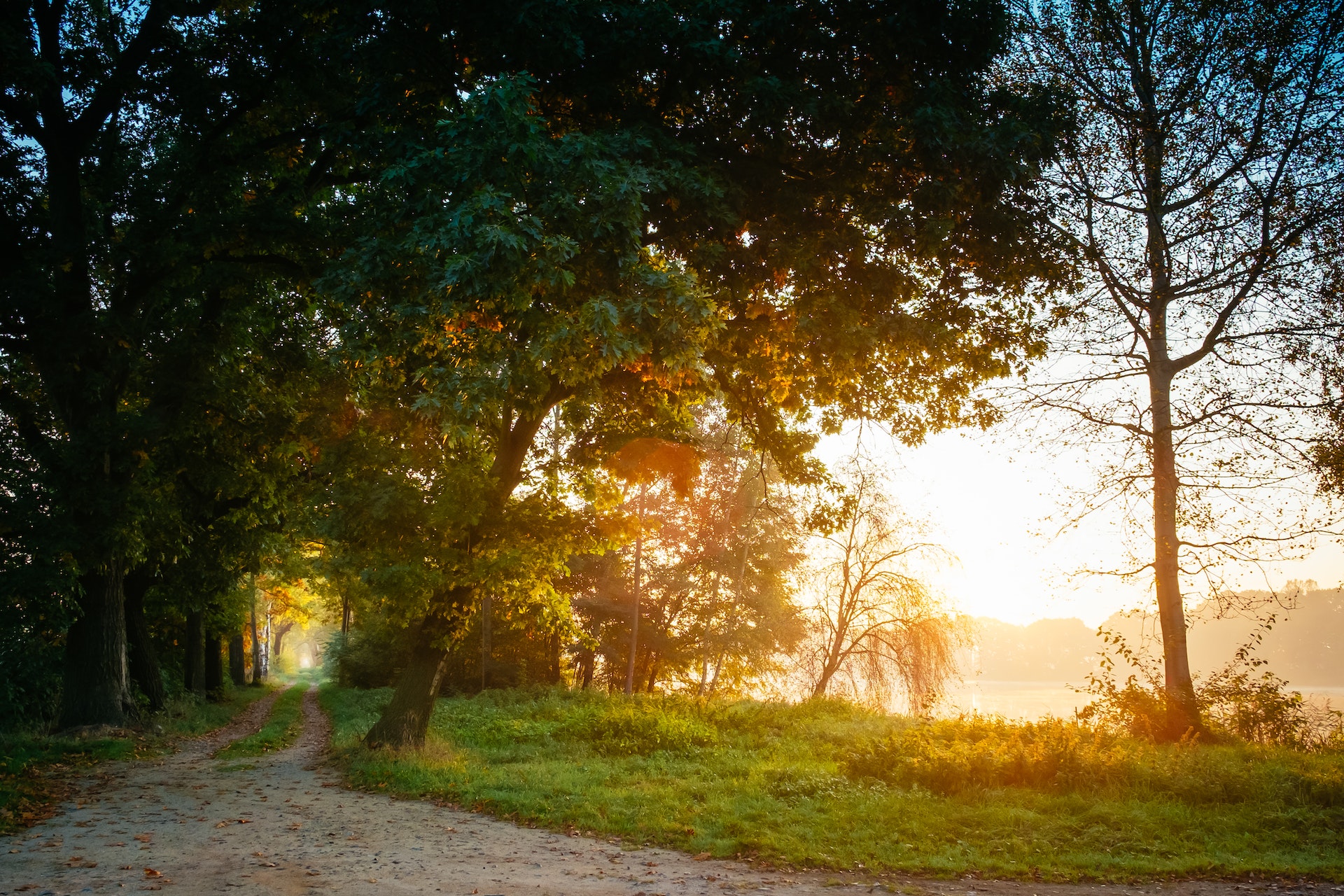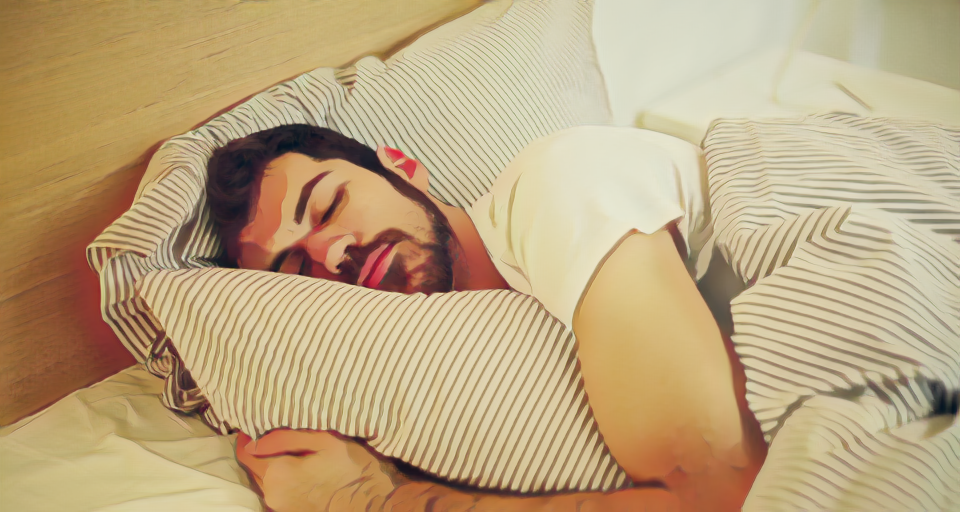Getting up After 11 AM Disrupts Hormonal Levels?
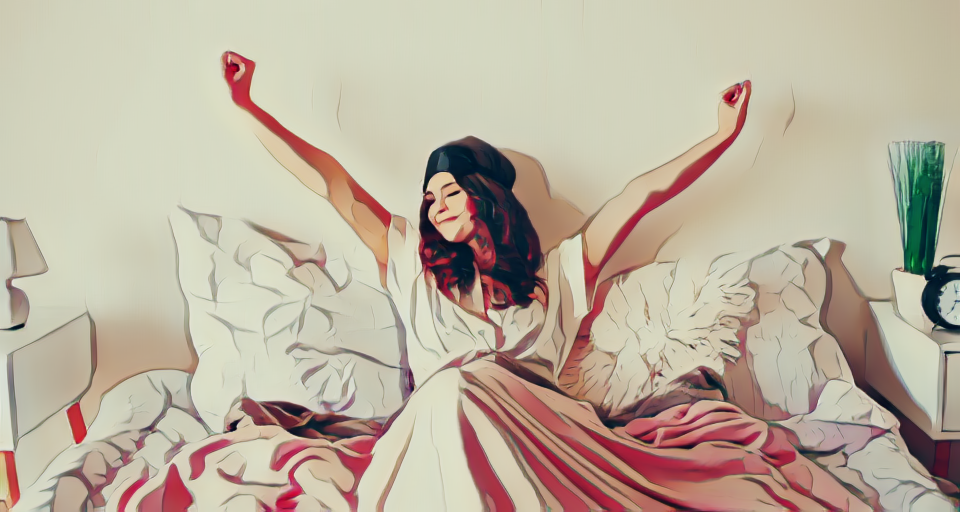
I have noticed more than once that when I got up around 11 a.m., I felt pretty bad the rest of the day. Of course, I know that on such days it is worth considering other factors that affect your well-being besides sleep. However, I noticed that it was the days when I woke up after 11 am that were “heavy on the breakdown” and often ineffective.
The easiest way to test this theory is for those who like to sleep for a long time whenever they have the opportunity. There are many people for whom it will be difficult or impossible to verify this fact, because they are used to going to bed and getting up at the same time or always sleeping the same number of hours. The lucky ones.
I’m one of those people who have been trying to organize their daily routine for almost whole previous period of life, but they often fail for subjective or sometimes objective reasons.
On a day off, I often plan to get up earlier to use more time for my planned activities, but the night before the day off, I stay up late because I know I can take my time and as a result, I go to bed late and sometimes wake up around 11 am.
Often on days like this I feel, as I said, like crap. If I still stay at home, it seems to be okay. Some work on the computer is more or less successful, although without too much enthusiasm. However, if I need to go somewhere (for example, to the store) or travel somewhere, my cortisol rises and I feel some kind of inexplicable stress.
The worst thing to do on such a day is to drink a large cup of coffee in the morning instead of a glass of water and a shower on an empty stomach. After that, internal discomfort and excessive excitability of the nervous system are guaranteed.
In particularly stressful situations on such a day, I find it difficult to get along and get tired quickly. I used to have panic attacks much more often on such days.
I’ve checked that if you do the same thing with coffee, but wake up early in the morning, around 5 a.m., everything is fine. So, as I often repeat, sleep is one of the most important factors in healthy well-being. But not just sleep itself, but also its quantity, quality, and… ATTENTION – the time when we go to bed and when we get up.
The rare days now when I wake up at 11 am are Saturday or Sunday, if I went to bed late at night. On my days off, I don’t force myself to wake up by alarm, but sleep until I wake up on my own.
I usually have 7-8 hours of such sleep. So if I go to bed at 11:00 p.m., I wake up at 7:00 a.m. But if I fell asleep at 2 or 3 am, I’ll wake up at 11 am. I try to wake up at that time less and less, but sometimes I have days like that.
The only thing I realized for myself is that I already know more or less how to “save” such a day, especially if there are a lot of things to do. My salvation is moderate physical activity – walking long distances or cycling.
I associate getting up at 11 a.m. with a change in hormone levels toward the accumulation of stress hormones. Instead, a leisurely walk or moderate cycling increases the amount of joy hormones and decreases the amount of stress hormones. This is just my theory, but it makes sense and has a right to exist.
How did I realize that getting up at 11 am is outright bullshit? Because of stress, which I don’t like so much. On such days, it sometimes just went off the charts for no reason. That’s when I got into the habit of walking many kilometers every day. Then it stuck and I took long walks almost every day, but that’s another story.
It is amazing how many people do not understand the reason for their failures, and sometimes the diseases that cause them to get up too late. I was one of these people. There was a time when I worked remotely for a very long period of time, believed that I was a 200% “owl” and went to bed when most people woke up.
Then I would wake up in the middle of the day, feeling defeated, but I didn’t connect it to my sleep and wake-up routine. I was thinking: “What does it matter when I get up? I sleep for eight hours anyway.” But there is a difference in what time of day we need to sleep, and it is huge, although we either don’t know about it or simply underestimate this fact.
Our mentality suffers from getting up late. The psyche does not recover well from such sleep, so hormonal levels, our health and behavior change. I didn’t realize this before.
I identified getting up early with coercion (going to a job I didn’t like; earlier – going to school or going school on weekends), and getting up late was a kind of protest against everything – I sleep as much as I want and I feel good.
I would like to add that getting up early is really great, but only if you get enough sleep and know why you are waking up early. For example, not because you have to go to a job you don’t like, but to start the day with a nice cup of tea, watching the sunrise, maybe meditating, or to sit down and start writing another article for the website for people who are waiting for it.
In this case, getting up in the morning is good. And vice versa, getting up in the morning after only 2 hours of sleep is bad. And getting up at 11 am is always an absolute evil for the body. In my subjective opinion.
On the days when I regularly got up at 11 am, I could not analyze the damage it was doing to my body. Only when such days became rare did I see (although not immediately) how bad such a rise was due to the upward change in hormonal levels and the accumulation of stress hormones. Therefore, I want to share my “discovery” with everyone and wish them not to do what I used to do.
As I said, today I can also sometimes get up at eleven in the morning, but mostly when there is a good reason – I finished some work for a client late, got home late after a business trip, or overtrained too much the day before.
The main thing is that such days of late getting up at 11 a.m. should be an exception to the rule, not a regularity. And even better, there should be no such days of late wake-ups at all. Getting up late is associated with a small number of hours left in the day, which in turn is because we go to bed late and the circle closes.
Disclaimer: this article does not constitute medical advice. The article contains the author’s personal opinion and personal conclusions and observations. If you have problems with sleep or are interested in other issues related to it, it is better to consult your doctor.

